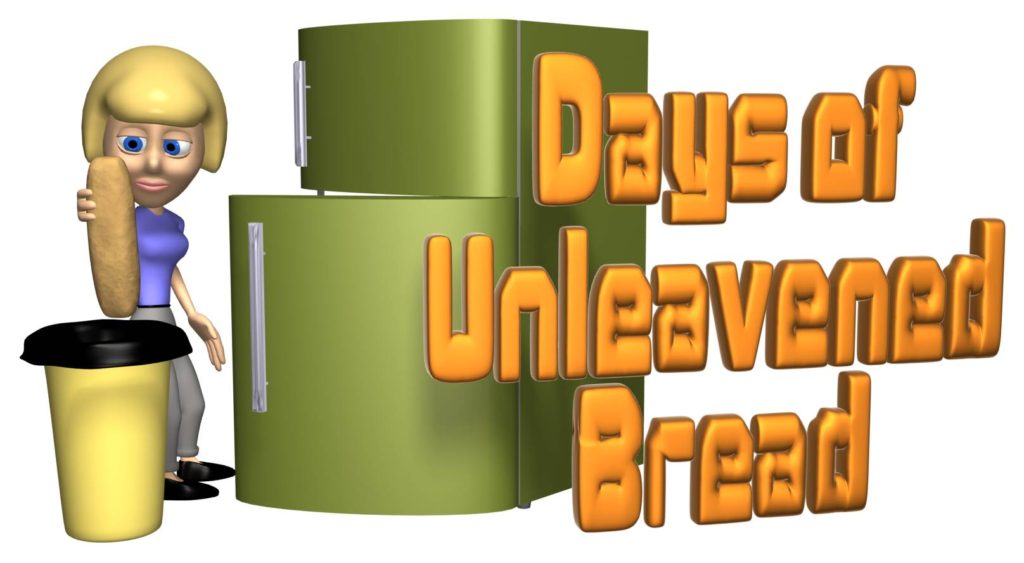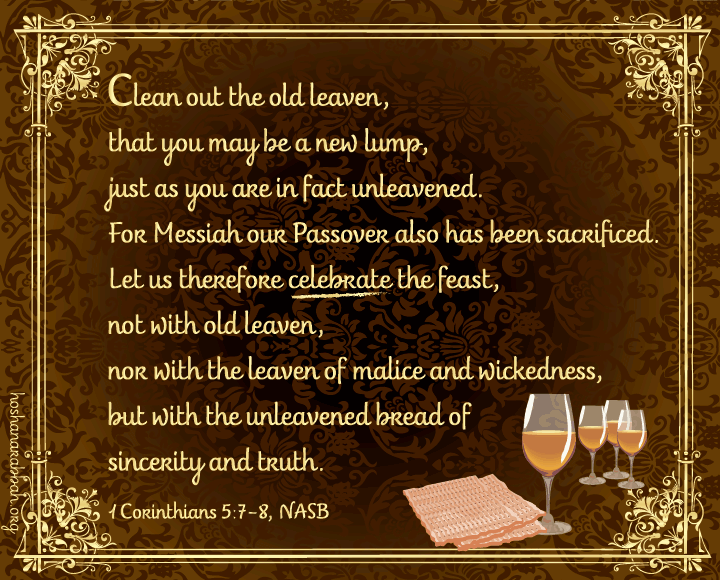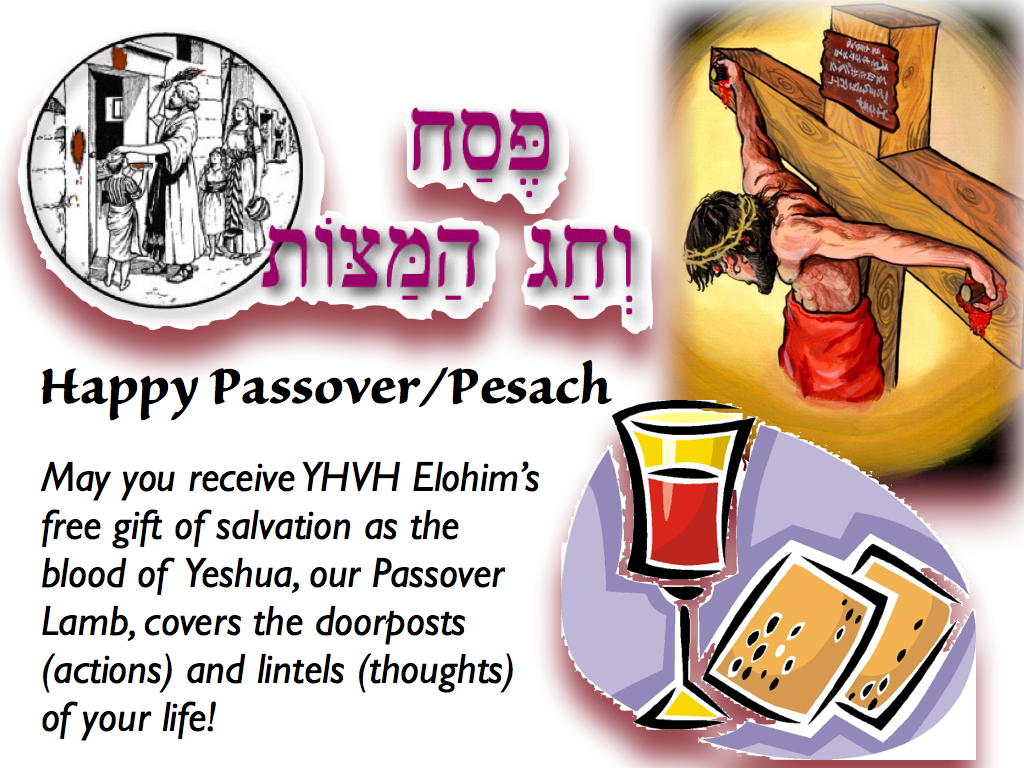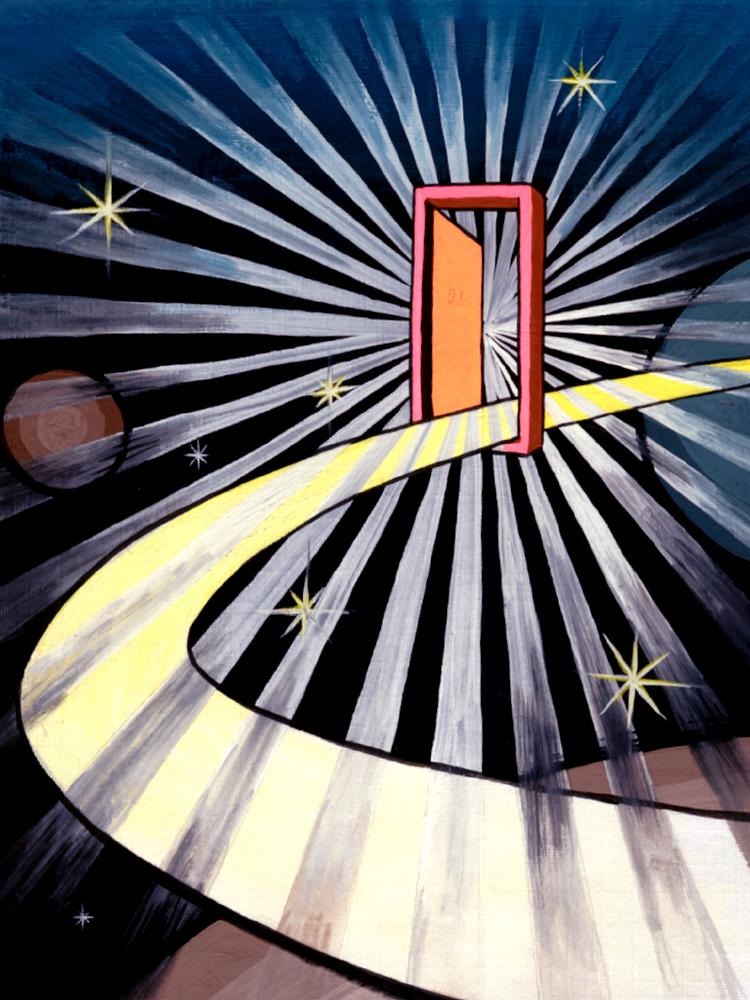Recently, I’ve had several inquiries as to when a biblical day starts, with those asking the question asserting that a biblical day begins in the morning, not in the evening as most Hebraic-minded people believe, and as the rabbinic Jews teach. I have answered this question before on this blog, but my previous response didn’t fully address all the main issue, so I have just written this present article to more properly address the issue. — Natan
The Hebrew Yom (Day) Defined
To help us to understand when the biblical day begins, let’s first define the Hebrew word for day which is yom. This will give us a clearer, contextual understanding of how the biblical writers use this word and what its many meanings are and how, and if, it relates to the 24-hour period we normally think of as a day.
According to the The Theological Dictionary of the Old Testament (or The TWOT), the primary meaning of yom is “day, time, year.” Yom can represent a point of time and a sphere of time. It can represent (a) a period of light in contrast to a period of darkness, (c) a period of 24 hours, (c) a general vague time (e.g. time in general, a long time, a season of time, “the day of the Lord,” or years of time), (d) a point of time, (e) a year or years. Reflecting these various meanings, we find yom translated in Scripture (the KJV) using the following English expression:
- today
- when
- in the time of
- as long as
- day
- continually
The TWOT goes on to note that other Hebrew words sometimes translated in Scripture as day include the Hebrew word ohr meaning “light” as well as boqer (or boker) meaning “morning.” Conversely, antonyms of yom include layila meaning “night,” and erev meaning “evening.” The TWOT also notes that the Bible reveals that the day can start in the evening (Est 4:16; Dan 8:14) as well as in the morning (Deut 28:66). This fact adds confusion to the question as to when a biblical day actually begins. We will discuss this below. So, what does this all have to do with the biblical definition of a day? It is important to know this, for how else are we to know when to observe the biblical Sabbath and feast days?
Does a Biblical Day Begin at Sunset or Sunrise?
The Creation Model
At the creation, Elohim defined a day as beginning in the evening (Gen 1:5, 8, 13, 19, 23, 31). Each of the six days of creation follow this model. Although the phrase “And the evening and the morning were the [first, second, etc.] day” is not found in reference to the seventh day Sabbath (Gen 2:1ff), the parallel linguistic construction of the first six days beginning at evening strongly suggests or hints (a remez) that the same pattern for delineating the beginning point of the seventh day would continue over into the Sabbath. Some argue that daylight or morning begins the day since light was the first thing that Elohim created. While spiritual light (not physical light [i.e. the sun, moon and stars] were created on day four) is what was created on the first day, this in no way nullifies how Scripture defines a physical day in the same creation account. All attempts to say that because spiritual light was created first as proof that the day begins in the morning overlook the plain (or pashat) meaning of the text, which says that “the evening and the morning were the [first, second, etc.] day.” We will discuss this point further below.
The Model of the Biblical Feasts
The fact that evening begins the day in Scripture—a pattern that is clearly laid out in the Genesis chapter one account—is transmitted into the starting times of several of the biblical feasts as well.
Exodus 12:6—Passover
In this verse we find the command to keep the Passover. We read,
On the fourteenth day of the first month in the evening [Heb. beyn ha-er’va’im literally meaning “between the evening] is YHVH’s Passover. (adapted from KJV)
We see this same grammatical construction elsewhere (Lev 23:5 and Num 9:3, 5,1. ) plainly showing that the day of Passover is to be kept “between/beyn the evenings/ha-er’va’im,” that is, between the setting of the sun of one day and the setting of the sun of the next day. This correlates with the Genesis one account that shows that the Bible reckons a day beginning at sunset and continuing until the sunset of the next day.
It must here be noted that confusion often occurs if the reader doesn’t understand that Scripture uses the word Passover to mean two different things. First, the word Passover can refer to the actually day of Passover, that is, the fourteenth day of the first month of the biblical year (Lev 23:5). But the word Passover can also refer the actual lamb that was slaughtered on Passover day (Exod 12:21). While it was slaughtered and roasted on the day of Passover (Exod 12:5–6), the Passover lamb was eaten after Passover day had passed and the next day (the fifteenth day of the first month) had begun the following evening after the daylight portion of the fourteenth day had ended (Exod 12:8). The point of this brief discussion is that just because the Israelites ate the Passover lamb in the evening, this was not the evening of Passover day, which occurred 24 hours earlier when that day begin. By the time they were eating the Passover lamb, Passover day had already ended and they were now eating the lamb at the beginning of the next day (the fifteenth day of the first month), which was the first high holy day (a Sabbath) of the Feast of Unleavened Bread.
Leviticus 23:32—The Day of Atonement
Continue reading →












